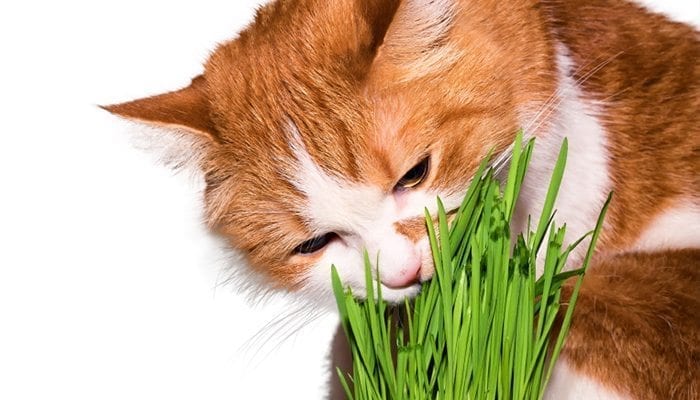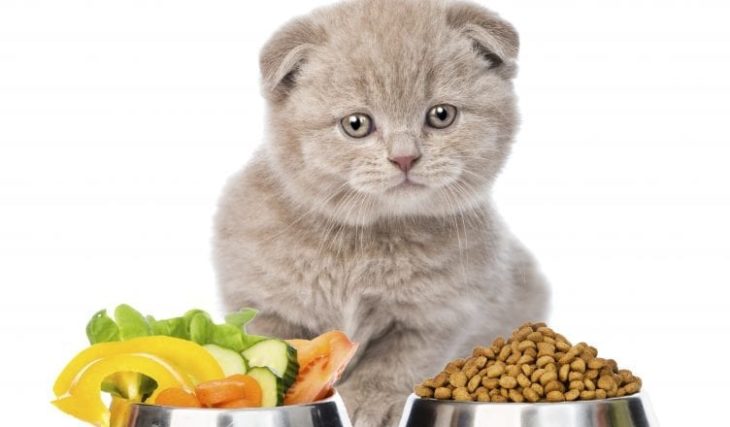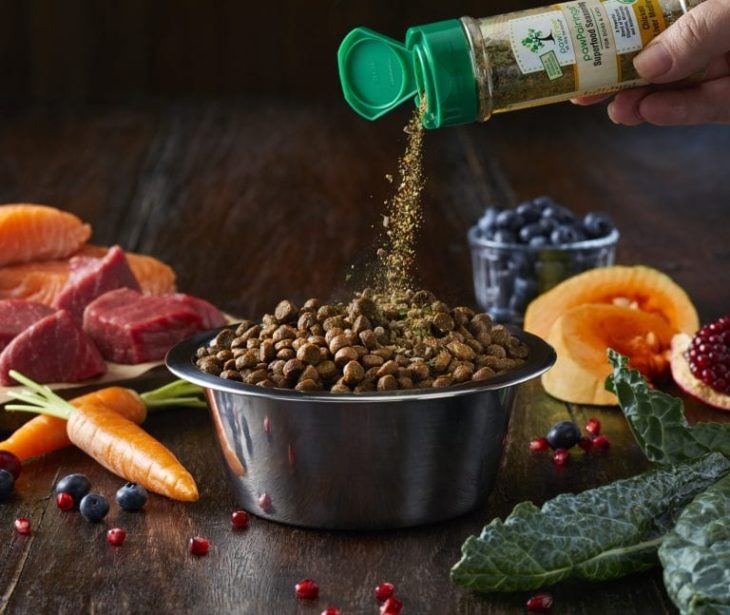Vitamins and minerals are the backbones of our body, and they do everything from regulating normal body functions, to wound healing and immune system functioning. Vitamins and mineral are also essential for our cats; just like us, they also need them in order for everything to work properly. They are responsible for your cat’s overall health and wellbeing, and although some of those vitamins your cat produces it on its own, some it doesn’t and they can be obtained through its diet.
We are going to tell you about which vitamins and minerals are essential for your cat and that are crucial for its overall good health.

Source: Four Legged Guru
Contents
1. Vitamin A
Vitamin A is stored in fatty tissue or the liver, and it is essential for maintaining a strong immune system and maintaining healthy vision. Vitamin A doesn’t get excreted by your cat’s body, that’s why too much of it can build up to toxic levels. Maintaining steady levels of Vitamin A is imperative for the cat’s wellbeing, so consulting with your veterinarian should be on top of your list before supplementing your cat’s diet with Vitamin A.
2. Vitamin D
Vitamin D is essential for regulating the levels of calcium and phosphor in your cat’s body. Vitamin D is crucial for developing bones and function of nerves, as well as, muscle control.
3. Vitamin B1
There are no bad cat vitamins, and the key distinction between them is what they do to improve in your cat’s body. Vitamin B1 is essential for maintaining a healthy metabolism. Another thing B1 does well is maintaining normal growth and impulse nerve transmission.

Source: Pinterest
4. Vitamin B2
Commonly known as riboflavin, B2 produces energy from fat reserves. This vitamin also improves the quality of your cat’s skin and fur.
5. Vitamin B3
Your cat depletes B3 though urinating, and thus it’s imperative to maintain its levels in the cat’s body. B3 is important for your cat’s nervous system, gastrointestinal function, and like B2, improving the quality of its skin.
6. Vitamin B6
Vitamin B6 can be stored in your cat’s muscle tissue, but only a small amount, so daily replenishing is needed in order to maintain adequate levels. Vitamin B6 helps red blood cells to function properly, as well as, maintaining a healthy immune system.
7. Calcium
Calcium is important for our bones and teeth, and it plays the exact role for your cat. Calcium also improves blood coagulation, maintains the function of the nervous system, but the levels should be monitored. Too much calcium can cause problems, and calcium deficiencies lead to skeletal abnormalities. Always consolidate with your veterinarian before giving your cat calcium supplemented diet.
Source: PetsCura8. Magnesium
Our cells require magnesium in order to maintain electrical balance across membranes. Magnesium plays a key role in eliminating neurotransmitter acetylcholine, and magnesium deficiencies, or too much magnesium, can cause muscular and cardiac abnormalities.
9. Iron
Red blood cells are responsible for the transport of oxygen through our body, and iron is crucial for maintaining red blood cell levels. Iron deficiencies can lead to anemia; however, our cats require very small amounts of iron in order for everything to work properly.

Source: Business Wire
10. Potassium
Potassium is a vital mineral that is extremely important for our cells. It regulates both electrical and cellular functions, and it belongs to a group of minerals known as electrolytes. Potassium does many things in our and our cat’s body; it is responsible for the conduction of electrical charges in the heart, it’s good for our nerves, even better for our muscles, and it helps maintain good flue levels across our cat’s body.
